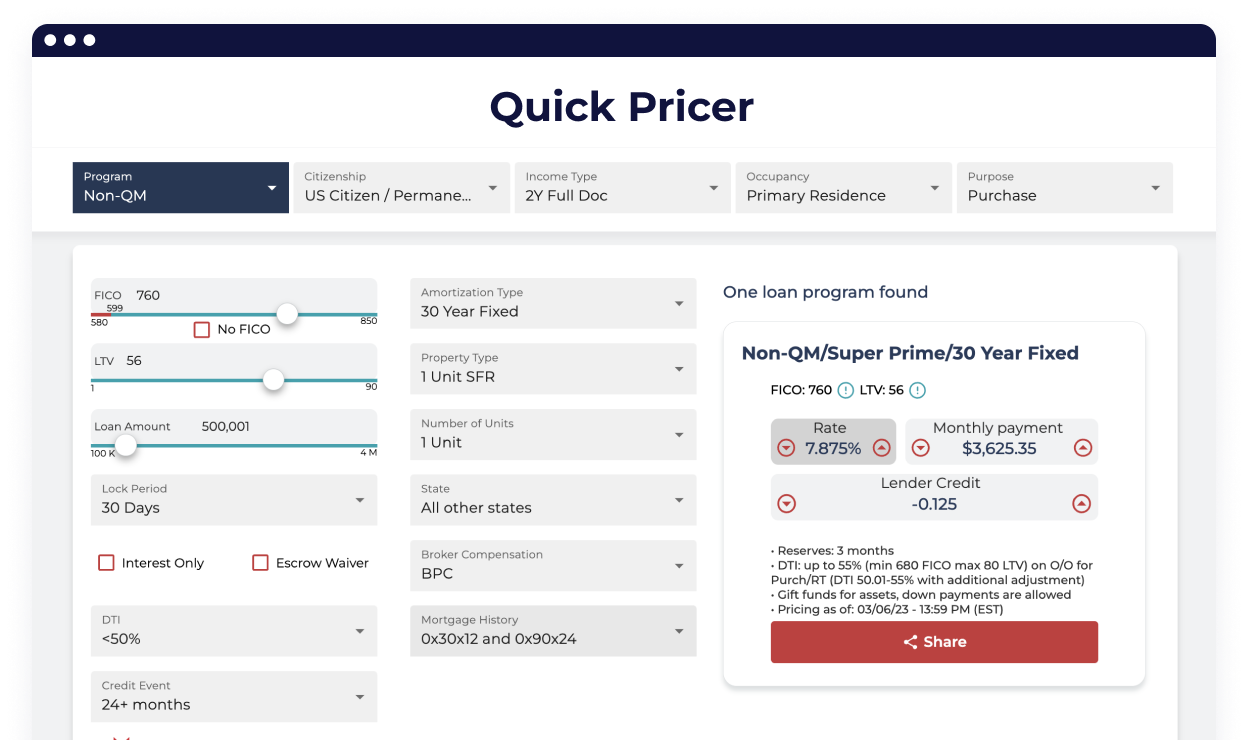Our Asset Utilization mortgage program is designed for those who may not have easily quantifiable sources of income, such as the self-employed, entrepreneurs, retirees, and those living off their investments. This program allows them to use their personal assets as a means to qualify for a home mortgage, providing flexibility in obtaining financing.
Program features
Struggling with a loan scenario? Push the button and get a solution in 30 minutes!
Write to us, we will contact you within 30 minutes.

24 hours
24 hours
24 hours
Yes, they can. Not all potential homeowners choose to fund their home loans in the same way. Sometimes, their income can come from non-traditional sources, such as being self-employed or retired. In some cases, the majority of a person’s actual savings can be in the assets they own rather than in their job income. If lenders looked at job income alone, these people would not qualify for a home loan, but the value of their assets could be plenty to assure the lender that they are not a risk. That is why we have Asset Utilization programs.
Rather than using their income from employment, borrowers use an Asset Utilization loan to qualify for a mortgage provided they have substantial assets. In this case, their monthly income is calculated by dividing total liquid assets by 60 months. Using funds from their assets means they do not have to show income from any other source, including employment. So long as they have enough assets to pay for the loan and regular living expenses, they can qualify.
No, they do not. The assets are solely used to demonstrate that they have the ability to repay the loan. We look at liquid assets as their loan collateral, similar to how W2s and pay stubs are evaluated for a traditional Government or Conventional loan.
Only certain types of assets will help them qualify for an Asset Utilization loan. These include their checking or savings accounts, money market accounts, CD (certificate of deposit) accounts, and so on. Certain types of retirement accounts can also qualify, like a 401(k) or an IRA. In addition, certain types of investment accounts like mutual funds, stocks, and bonds may also qualify.